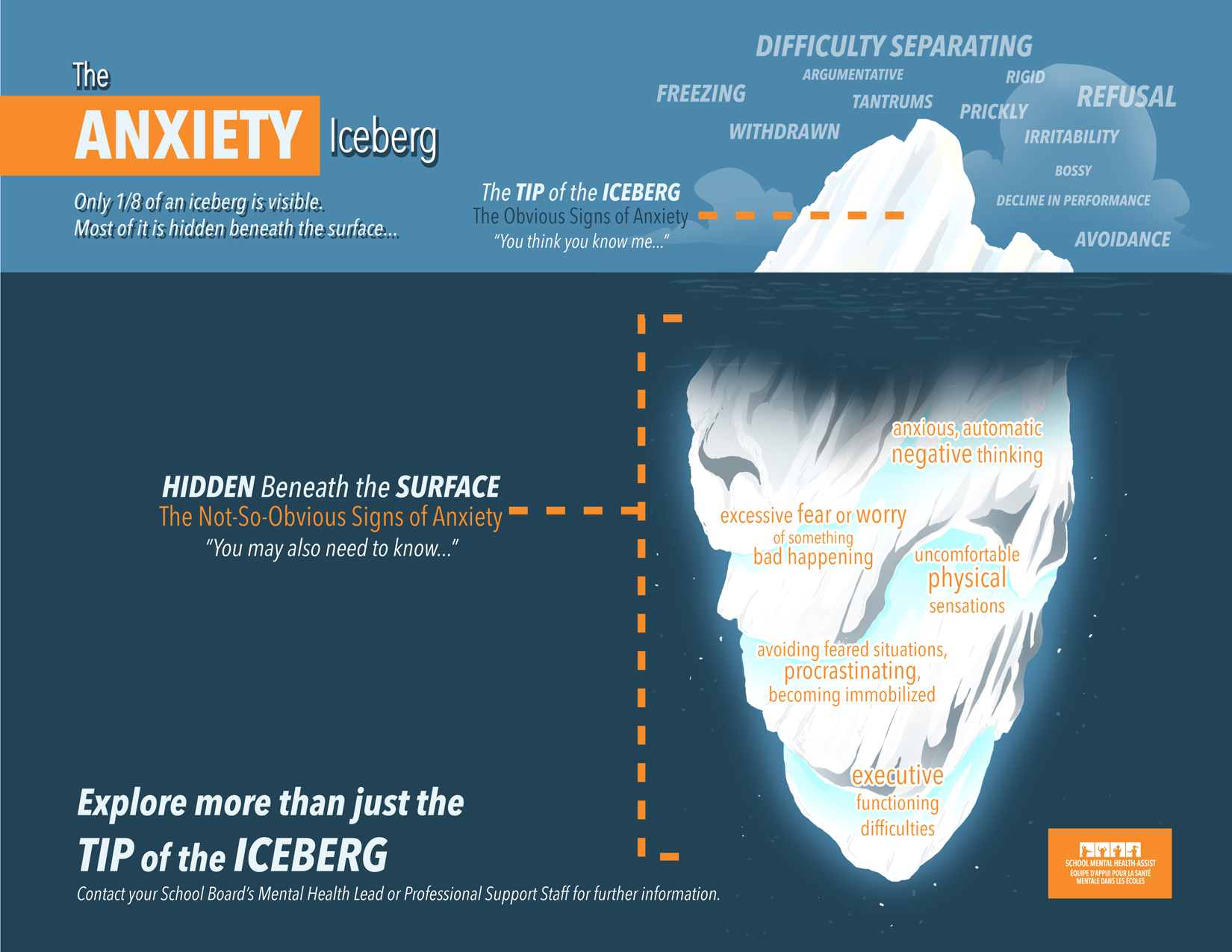Sort by:
The mindfulness app Meditation for everyone.
This free app--free with additional in-app purchases--provides a wide variety of options to suit all levels and types of meditators.Promoting the wellbeing of teachers and school staff Research Brief
A team of researchers at McGill University completed a review on the evidence on effective approaches in promoting teacher and school staff wellbeing. This research brief provides a summary of the main findings and provides effective strategies to promote wellbeing.Student sample advocacy card
This sample advocacy card is for students to use to help them advocate for themselves in the classroom. It asks students to identify what helps them learn and what helps them on assignments, tests, and exams. It also encourages students to think of what they could say to advocate for themselves.Mental health and well-being at school School Mental Health Assist
This info-sheet provides tips for educators to contribute to creating and sustaining a welcoming and inclusive school/classroom climate. Indications that a student is thriving are also presented.Mental health literacy for educators helping children and youth after tragic events
This info-sheet provides facts and tips for approaching and working with students in the classroom environment after a tragic incident.
The iceberg diagram Only 1/8 of an iceberg is visible. Most of it is hidden beneath the surface…
This infographic was developed to help educators recognize indicators of anxiety in students. It illustrates the “anxiety iceberg”, which describes the obvious signs of anxiety (i.e., avoidance, arguing) as the tip of the iceberg and the not-so-obvious signs of anxiety (i.e., procrastinating) as beneath the surface.Anxiety strategy chart
Students experiencing significant anxiety can use this worksheet to help them advocate for effective classroom supports and strategies. This tool can assist students in describing their anxiety symptoms and what they would benefit from teachers to assist them in different situations (in class, homework/assignments, and tests). Lastly, it asks the students to describe how their learning is affected by their anxiety.Recognizing and responding to anxiety in the classroom ASSIST tutorial series: tutorial #2
The RRC views resilience from a socio-ecological approach. Our definition of resilience reflects a more pluralistic understanding of the phenomena; where we cannot only focus on youth themselves, but have to account for the relationships that surround them; the communities in which they find themselves and the resources made available to them there. As well as the larger life worlds that effect the allocation of resources to communities, and the impact of global political economies on the wellbeing of families and communities.
Why we’re recommending this resource
- Accuracy of information: well-researched, appropriately cited, and well written / organized
- Authority: author is identifiable and has related qualifications and/or credentials / affiliated with a reputable institution
- Objectivity: minimal to no biases or affiliations with a company selling products of promoting a questionable agenda.
- Currency: information that is recent or has been recently endorsed
- Canadian resource
